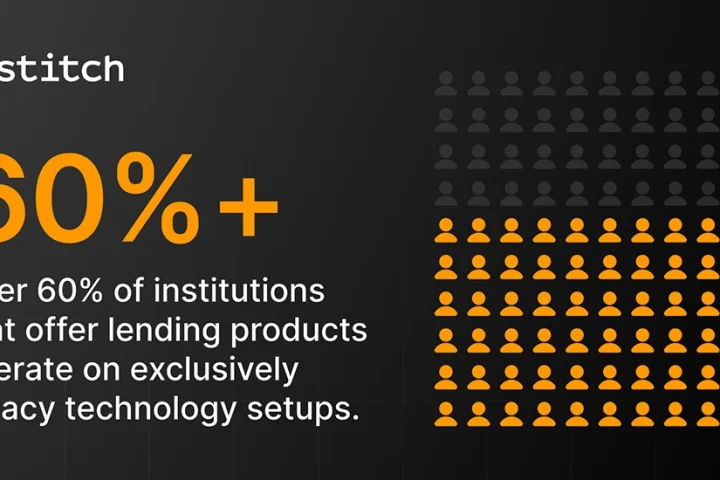Do you know who stores your business critical information? Are you sure that important data will not get lost or disappear if the cloud would turn into a black hole? In short: Do you trust the “cloud”?
These are questions that many companies should ask themselves nowadays. In-house server solutions are replaced by cloud services and HyperScale architectures, which means that the organisation’s data is physically far away from the business. Unfortunately, in many cases this also applies to the control of the data.
Historically, IT departments have ruled the development of corporate IT solutions. The management has ordered a function and IT has delivered its solution, with full control over the entire architecture. Today, decisions about which applications to use are often made by management, while the IT department is asked to implement decisions already made.
The trend is clear: More and more services and functions are being added to the cloud. Office 365, Amazon Web Services and Google Cloud Platform are just a few examples. But even “as-a-service solutions” from different consulting companies are becoming more common. Many decentralised solutions are introduced for economic reasons. Not rarely, companies are prepared to accept lower functionality to achieve the economic benefits.
HyperScale, multicloud and service solutions provide unambiguous benefits, not least the ability to quickly adapt systems to changing conditions and make data available regardless of time and location. But it’s important not to starve blind to the opportunities and forget the responsibility.
We see many examples of ignorance about, or at least lack of understanding of, the effect of managing the data at a distance. Regardless of whether the information is stored on your own laptop’s hard drive or on a cloud server in the US or India, responsibility for controlling one’s own business data is still – at 100 per cent – lying within the organization.
One might assume that cloud and service providers are responsible for managing the data with maximum security, and that it is sufficient to delegate responsibility for backup to them. To assume they are able to quickly recover all information if the worst happens. But reality shows that many people do not have a clue of what they actually bought.
Because, what happens when a service provider unexpectedly goes bankrupt when the company is suffering from a crypto ransomware attack or when the internet connection to the cloud service simply goes down for a long time? It’s easy to migrate to the cloud. But it’s harder to stay there over time. And it’s a big challenge to restore or take home your own data again, if needed.
This is why IT departments need to re-think about their own role in order to handle this new reality. Decisions on new solutions must be taken by management. However, the responsibility for the day-to-day IT operations will always be required by the IT department, regardless of whether the data is in the cloud, at a service provider, on its own file server or at a single workstation.
The introduction of GDPR is just one example that demonstrates the necessity of controlling the data. And it becomes even more important in the future, when block chains, artificial intelligence and machine learning get a greater impact even in everyday systems.
The new technology contains endless possibilities. But those who have not secured control over their own data, no matter where it exists, is putting the entire survival of the business at risk.


















